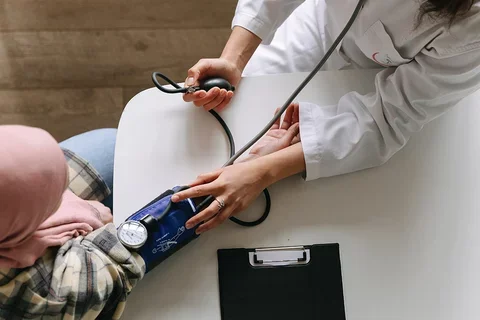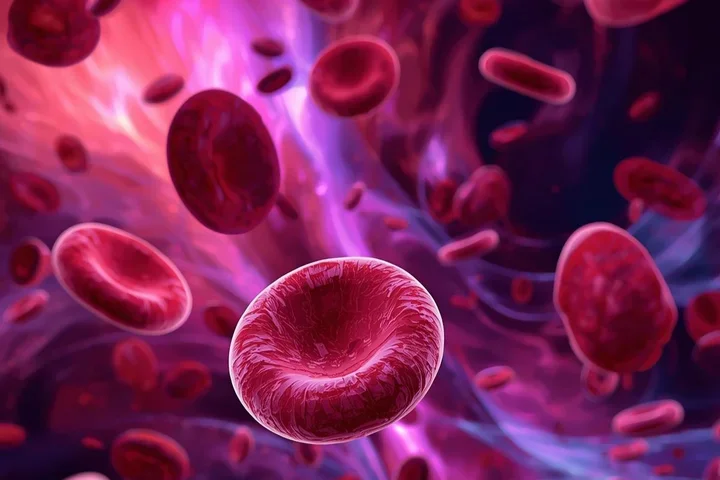Women & men experience cardiovascular disease symptoms differently, according to new report

A 55-year-old male with a history of hypertension and sedentary lifestyle experiences chest discomfort, shortness of breath, and cold sweats. His wife calls EMS who administer treatment and transport him to the emergency department.
A 69-year-old female with a history of high blood pressure and high cholesterol tells her husband that she is experiencing shortness of breath, upper back pain, and extreme fatigue. He suggests that she rest as she has had family stressors lately. Similar scenarios occur across the country daily.
Both of these individuals had heart attacks.

Symptoms are challenging to interpret for clinicians and the public. A new scientific statement, “State of the Science: The Relevance of Symptoms in Cardiovascular Disease and Research: A Scientific Statement From the American Heart Association”, co-authored by Holli A. DeVon PhD, RN, FAAN, FAHA, professor & associate dean for research, gives recommendations for caring for patients with cardiovascular diseases.
“Symptoms are subjective, and individuals experience them differently based on their prior experiences and their health history,” said DeVon, who is also the Audrienne H. Moseley Endowed Chair in Community Research at UCLA Nursing. “We do know that the majority of patients having a heart attack experience chest pain or discomfort. Shortness of breath and unusual fatigue are frequently reported. There is also an overlap of heart attack symptoms with other conditions such as gastric reflux, stress, and depression. There is evidence of some minor sex differences in symptoms of heart attack. Women have reported more pain in areas other than the chest and more symptoms compared to men.”
DeVon adds that while it is always difficult to accurately attribute symptoms without a diagnostic evaluation, patients should consider their health history, family history as well as individual risk. And of course, if unsure, always call 911 and seek medical care.



